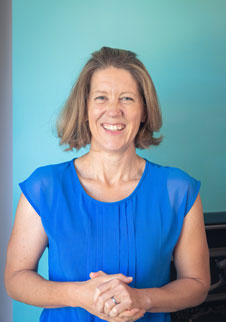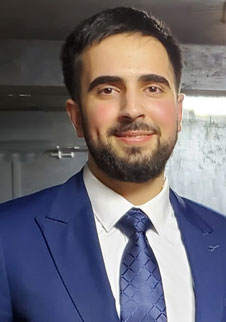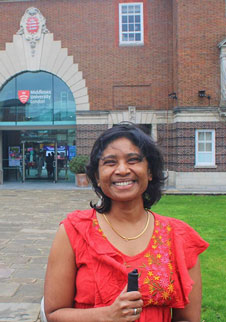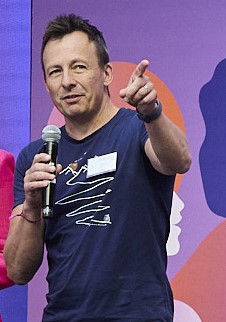About Graduate School
The Graduate School comprises hundreds of postgraduate researchers and supervisors engaged in innovative projects that make an innovative contribution to knowledge and practice and to address a range societal challenges.
Middlesex University is recognised nationally and internationally for the remarkable diversity of its postgraduate researchers who come from a wide range of ethnicities, countries of origins, professional backgrounds, and walks of life. At Middlesex University, our portfolio of postgraduate research degrees is designed to stay at the forefront of academic and professional development to benefit your career within or outside of academia. We offer numerous postgraduate research degrees, ranging from the PhD, to Practice-Based doctorates, Doctorates by Public Works and Masters by Research.
Our postgraduate researchers are guided by supervisors who are leaders in their fields. If you are a prospective postgraduate researcher, whether your passion lies in the sciences, arts, education, health, social sciences, business or professional advancement, you will benefit from mentorship by internationally renowned experts who will support and challenge you to achieve your research ambitions.
The postgraduate research community is vibrant, international, tightly-knit and cross-disciplinary. Academic and social events bring together researchers from different fields, creating opportunities for open dialogue and collaboration.
We believe that collaboration thrives when people come together. In support of this, we host a variety of academic and social events that unite researchers from across disciplines and sectors. A highlight of our calendar is the Postgraduate Research Summer Conference, an annual event where our entire community gathers on campus for a series of inspiring talks, presentations, and discussions. It’s an invaluable opportunity to showcase your work, exchange ideas, and build lasting connections Postgraduate researchers are offered affiliation to our research centres and groups and are advised on entry into external bodies and academic and professional networks.
The Graduate School is also committed the wider community of postgraduate researchers studying at institutions that have joint or validated partnerships for postgraduate research degrees. This ensures that all researchers, whether based on campus or elsewhere, receive the guidance, resources, and opportunities they need to succeed.
Postgraduate researchers are supported by a programme of postgraduate researcher development that covers an induction to research for novices (“Kickstarter Series”) and more advanced sessions. These offers can all be accessed online or in a hybrid way, whether with live or on-demand session. The Graduate School also offers a full programme of development for supervisors, viva chairs and internal examiners.
Each year, the Graduate School invites research fellows to contribute to the researcher development programme and to the University’s research environment.







